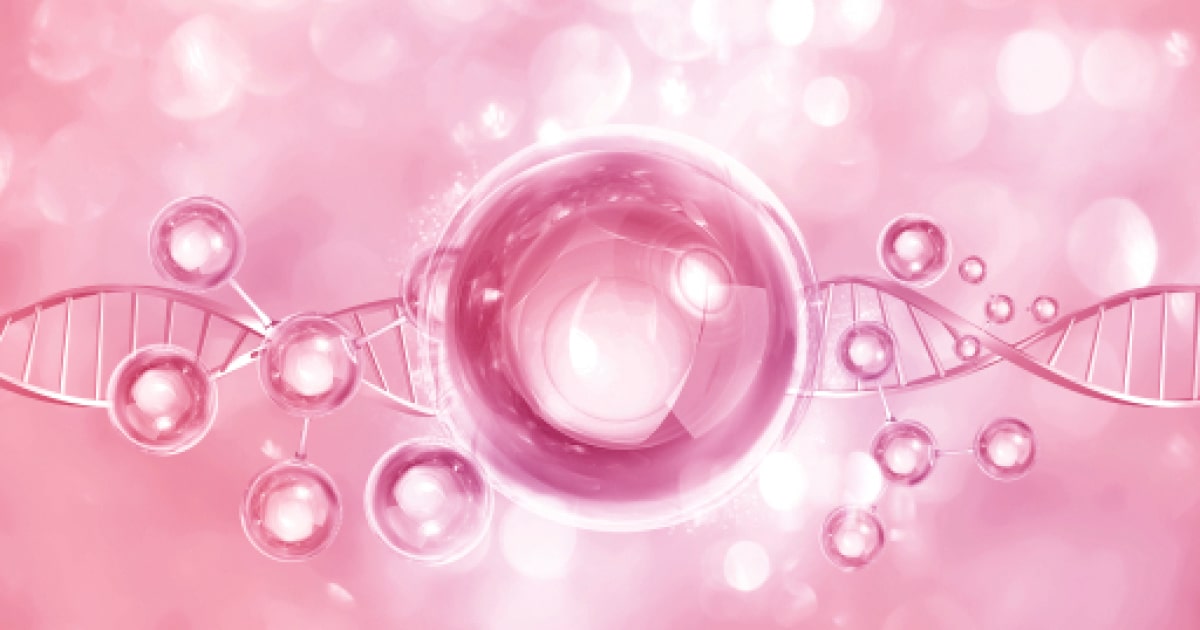
Expert Reviewed By: Dr. Brandon Colby MD
Understanding Renal Hypodysplasia/Aplasia 2
Renal hypodysplasia/aplasia 2 (RHD2) is a congenital disorder characterized by underdeveloped or absent kidneys, leading to serious health implications. This condition can result in chronic kidney disease, hypertension, and, in severe cases, renal failure. Understanding the genetic underpinnings of RHD2 is essential for accurate diagnosis and personalized treatment strategies.
The Genetic Landscape of RHD2
Recent advancements in genetic research have identified a novel mutation in the GREB1L gene associated with renal hypodysplasia/aplasia. This mutation affects mRNA and protein expression, which are crucial for normal kidney development. The discovery of this mutation provides a new avenue for understanding the genetic basis of RHD2 and highlights the importance of genetic testing in diagnosing this condition.
The Role of Genetic Testing
Early Diagnosis
Genetic testing plays a pivotal role in the early diagnosis of RHD2. By identifying specific genetic mutations, healthcare providers can diagnose the condition before symptoms manifest. Early diagnosis allows for timely interventions, potentially mitigating the progression of the disease.
Personalized Treatment Strategies
With the identification of genetic mutations such as those in the GREB1L gene, personalized treatment strategies can be developed. Genetic testing provides detailed insights into the specific genetic alterations present in an individual, enabling healthcare providers to tailor treatment plans that address the unique genetic profile of each patient. This personalized approach can improve treatment efficacy and patient outcomes.
Family Planning and Genetic Counseling
Genetic testing is invaluable for family planning and genetic counseling. Individuals with a family history of RHD2 can benefit from genetic testing to assess their risk of passing the condition to their offspring. Genetic counseling can provide families with information about the inheritance patterns of RHD2, helping them make informed decisions about family planning.
Advancing Research and Understanding
Genetic testing not only aids in diagnosis and treatment but also contributes to advancing research in renal hypodysplasia/aplasia. By identifying novel genetic mutations and understanding their impact on kidney development, researchers can explore new therapeutic targets and develop innovative treatments for RHD2.
Conclusion
The discovery of the GREB1L mutation and its association with renal hypodysplasia/aplasia 2 underscores the critical role of genetic testing in understanding and managing this condition. As genetic research continues to evolve, the potential for improved diagnostic and treatment strategies for RHD2 grows, offering hope for affected individuals and their families.
For further reading, you can access the original study here.
About The Expert Reviewer
Dr. Brandon Colby MD is a US physician specializing in the personalized prevention of disease through the use of genomic technologies. He’s an expert in genetic testing, genetic analysis, and precision medicine. Dr. Colby is also the Founder of and the author of Outsmart Your Genes.
Dr. Colby holds an MD from the Mount Sinai School of Medicine, an MBA from Stanford University’s Graduate School of Business, and a degree in Genetics with Honors from the University of Michigan. He is an Affiliate Specialist of the American College of Medical Genetics and Genomics (ACMG), an Associate of the American College of Preventive Medicine (ACPM), and a member of the National Society of Genetic Counselors (NSGC)